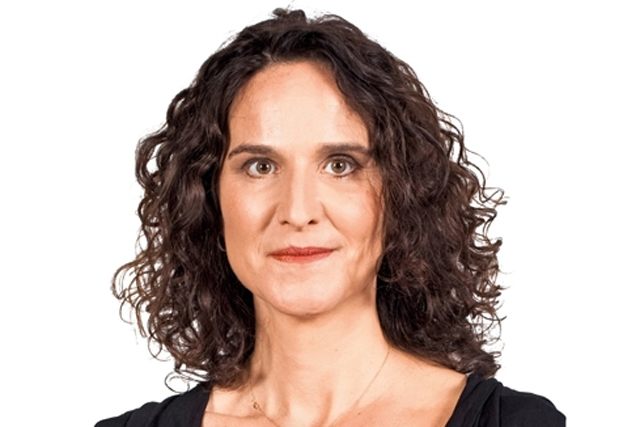In the agency world, there is a call that is most agreeable to take. It is the one that, after a long, arduous pitch process, informs you that your firm has been 'appointed'.
What a lovely word that is, with its overtones of considered appraisal, professionalism and permanence. 'Selected' is almost as good, suggesting, as it does, the client hand hovering over the box of exquisite agency chocolates, before descending on your shape and blend as the most irresistible.
It is altogether less satisfying, however, to learn that your agency has been 'procured'. Here is a term that carries within it the cargo of cost; in fact, there is often a whiff of money being the most important determinant of procurement choice.
Not that agencies are unaware that the issue of cost will arise - it's just that they prefer it to be something to haggle over once the decision has been made, on high-order criteria. Cost is understood as a concomitant of choice, not part of it.
Hence the adbiz furore over the recent government procurement process, which has reduced an original list of 80 candidate agencies to 10. Left out were some big names, with strong records on COI accounts.
The view is that 'lesser' agencies have come through on price, chosen by amateurs who don't understand advertising.
Is that claim fair to the procurers? They have, presumably, assessed the terms of all the candidate agencies and, on quality, deemed the chosen ones perfectly good enough.
There. I've said it. Those two words - good enough - are tantamount to an insult in the agency world, which is fond of persuading us that it is a standard that automatically falls short.
Perhaps agency heads need to get out more, starting with their own B2B clients or those selling to government - brands that, themselves, need to win procurement battles.
What they will learn is that 'good enough' is not a pejorative term in the professional purchasing lexicon; it is something to be pursued, while over-engineered solutions with weightier price tags are to be questioned.
Since I work a fair bit with healthcare clients, which predominantly sell to the NHS, I have often conducted research to understand that procurement mindset. These people are responsible for the purchase of goods and services far more complex than anything the ad industry has to offer, so nuance and asymmetry are well within their comfort zone.
The good news is that they can be persuaded that their 'good enough' thermostat may be set too low, and that premium purchasing up front may lead to greater economies down the line.
The bad news is that they will ask for evidence. In healthcare, that takes you into the arcane world of health economics, and from there to random control trials and weighted, cost-benefit trade-offs.
What are the equivalent measures in the agency world? That is the question the sidelined agencies need to ask, rather than the plaintive 'Why?' If they can mount evidence to show that their claimed higher standards are the better long-term buy, they will find procurement ears willing to take the call.
Helen Edwards has a PhD in marketing, an MBA from London Business School and is a partner at Passionbrand. She is a former PPA business columnist of the year. Follow her on Twitter:
30 SECONDS ON:
PROCUREMENT
- According to the Chartered Institute of Purchasing & Supply (CIPS), 'professional procurement is far more than just buying things. It is external resource management; managing the supply base as a key strategic resource in the same way IT professionals manage an organisation's investment in technology, property professionals manage its estates, finance professionals its assets and HR professionals its human assets'.
- The standing industry joke is that 'people choose procurement because they find accountancy too exciting'.
- The advertising-industry bodies didn't find it funny when the recent government 'creative agency framework' tender process overran by five months. Off went the IPA with delegations to the Government Procurement Service and the Cabinet Office to propose that they stick to IPA and ISBA best-practice guidelines in future.
- In a recent interview, Karen White, group procurement manager at betting company William Hill, stated that one of procurement's first duties is 'managing risks associated with the supply chain'. This is a common industry theme. Yet the CIPS was recently at pains to concede that procurement standards had 'fallen woefully short' across the retail sector, leading to the supply-chain debacle of the horsemeat crisis.


